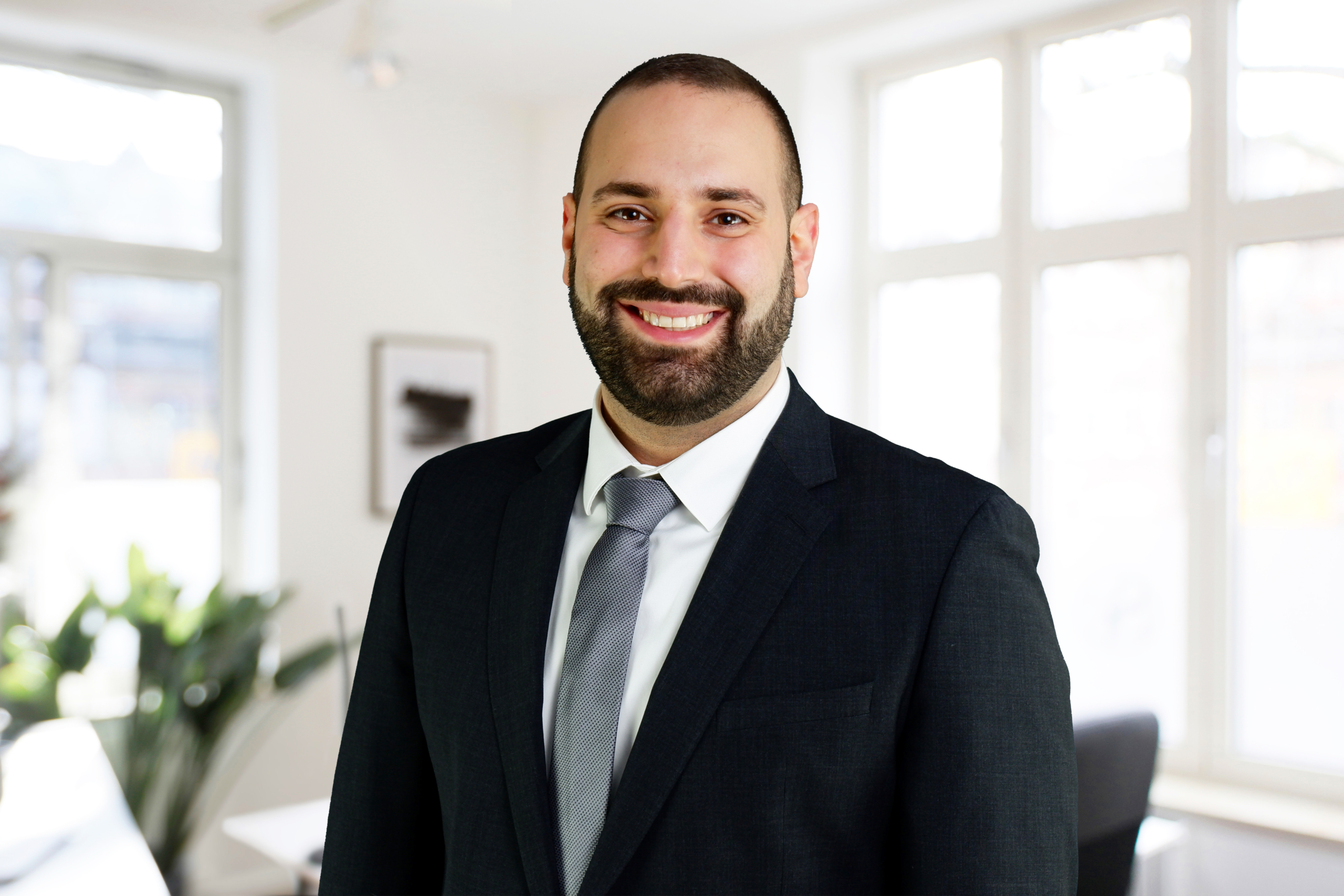At Schlun & Elseven Rechtsanwälte, our whistleblowing lawyers support corporate clients and whistleblowers as external lawyers of confidence (ombudsmen) to prevent corruption within companies.
Recent years have demonstrated that whistleblowing can cause significant reputational damage to even the largest and most well-known companies. Potential whistleblowers can also face great difficulties if they present their information without first determining whether it is right to go to the public. Our external lawyers of confidence allow whistleblowers to report matters of corruption, white-collar crime or other concerns without fear of revealing their identity.
For companies, working alongside an external lawyer of confidence (ombudsman) allows actions of corruption, white-collar crime and other damaging matters to be uncovered. Allowing the whistleblower to act anonymously means they can confidently report their information to security. Once the company knows the information, it can act appropriately without facing the reputational damage of having the information become public knowledge.
The Benefit of a Lawyer of Trust (Ombudsman): Anonymity
Preventing corruption and other white-collar crimes needs to be a priority within companies. As whistleblowing has become more prominent, companies need to ensure that secure, effective, and confidential grievance systems are in place that employees, managers, and other parties can trust. Working with a lawyer of trust (ombudsman) allows an external party to play an essential role in the structure.
Working closely with a lawyer of trust allows parties who uncover such issues to report to a person outside of the company and guarantees them anonymity. In turn, employees have fewer fears about reporting alleged corruption, and they are fully aware of their legal rights and responsibilities with the information they possess.
Companies can then take appropriate actions if the information is accurate and corruption is discovered. Reacting to corrupt or illegal behaviour discoveries allows companies to enact and implement compliance policies transparently.
Anonymity is central to the lawyer of trust (ombudsman) model, as potential whistleblowers have a person they can talk to in confidence. Without this model, those who discover apparent corruption may be faced with bringing this information to the public or reporting it internally.
The disadvantage of internal reporting may revolve around the person involved in the alleged activity, as their position within the company may give them power over the reporting process. Whistleblowers looking to report to the public do so, knowing that it may damage their prospects within the company and may cause reputational damage to the enterprise. If the information is incorrect, they may even face criminal prosecution.
The disadvantages inherent in these two options provide the whistleblower with two further options: anonymously reporting the information internally and not reporting what they have uncovered. Not reporting the information allows the corruption or other matter to continue or may lead to another whistleblower possibly going forward to the public in the future.
In contrast, anonymous reports prevent follow-up questions. Without the opportunity to follow up with the individual, companies can be left where they do not have the required evidence or may be missing some critical information. The lawyer of trust (ombudsman) allows companies to have a system that negates these disadvantages.
Protection of Whistleblowers: Legal Knowledge
For potential whistleblowers, the lawyer of trust (ombudsman) role has the benefit that an expert in German criminal and whistleblowing law advises them. German law regarding whistleblowing can be complicated as issues such as data protection, the employee’s responsibilities towards the company, and the need to protect trade secrets (§ 4(2), (3) GeschGehG) may all come into conflict.
The implementation of the EU Whistleblower Directive should streamline the process, but even then, potential whistleblowers should look for professional advice before taking steps to inform the public. This can be a complicated matter in cases where your firm does not have a lawyer of trust (ombudsman) role established.
Acting without knowing your legal responsibilities can bring criminal persecution, as, for example, § 203 StGB contains a criminal offence for the disclosure of business secrets.
Although under § 612a German Civil Code (Bürgerliches Gesetzbuch – BGB), employees are protected by the general prohibition of victimisation, this protection applies in matters where the whistleblower acted legally. Therefore, without possessing the required legal knowledge in advance, whistleblowers can put themselves in a difficult position.
Corporate Compliance System
For companies, working with a lawyer of trust (ombudsman) clearly demonstrates the value they place on legal compliance. Putting weight in compliance shows employees, investors and the broader public that your company is trustworthy in dealing with corruption, fraud and other criminal activity allegations.
When companies receive information from the lawyer of trust (ombudsman), they can act knowing that some evidence has been uncovered and that they should take the matter seriously.
As a lawyer of trust, employees can approach the ombudsman with specific instructions regarding when to contact the company. When they have expressly asked the ombudsman to approach the company, it is clear that the company needs to be aware of the information that the employee has discovered.
By protecting the whistleblower and providing them with anonymity, the lawyer of trust can act as a go-between for them with the company. This role allows the employee to act confidently by giving the lawyer the evidence needed without fear that it will end up in the wrong hands.
Our lawyers will coordinate with your company’s management to draft practical guidelines around this issue. Adopting such policies transparently and unambiguously demonstrates to employees, investors and other third parties that the company complies with its legal responsibilities.

Practice Group: German Whistleblower Law
Practice Group:
German Whistleblower Law
Contact our Lawyers of Trust
Please use our online form to outline your request to us. After receiving your request, we will make a brief initial assessment based on the facts described and provide you with a cost offer. You can then decide whether you would like to engage our services.












